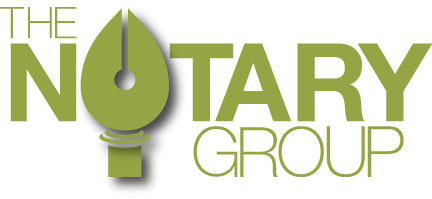LOTR issues when buying property as the trustee of a trust:
If you are buying property in British Columbia's provincial land title system and you will be registering it in the name of a trust, or the property is otherwise subject to a trust, you will need to do a significant amount of additional disclosure paperwork.
You, as the trustee of the trust, will likely be a "reporting body".
You might be a reporting body if:
- you are the trustee of an "express" trust (with a formal trust deed) such as a family trust;
- you are involved in a legal relationships in another jurisdictions that would be called a trust in BC (subject to the exceptions below);
- you are the owner of property that will be registered in your name, and that has other unregistered "beneficial owners" attached to it, such as beneficiaries of an estate, or other family members who have an interest in the property.
Bare trusts (property you own in your name on behalf of someone else) are included in this requirement.
Examples of trusts that are excluded from this requirement include:
- a charitable trust;
- a testamentary trust;
- an alter ego, joint spousal or common-law partner trust;
- any trust for which the Public Guardian and Trustee is the trustee;
- testamentary trusts;
- certain pension plan trusts, mutual fund trusts or SIFT trusts;
- trusts with Indiginous Nations as a beneficiary;
- trusts relating to bankruptcy laws;
- REITs;
As a trustee of a relevant trust, you must disclose additional information about the trust's beneficial interests. This information will be disclosed to LOTR in a Transparency Report.
You must certify that the information in the Transparency Report is true and complete. There are significant penalties for failure to certify this information, and the Land Title office will reject any application to transfer land which does not contain this Transparency Report.
You will have to disclose:
- identification information about the trust;
- information about the settlor and interest holders of the trust, including the nature of the interest they hold, dates of birth, contact information, SIN numbers, residency and dates upon which the person became an interest holder (or ceased to be an interest holder);
- information about the mental capacity of the trust's interest holders or settlors;
- the name, title and other contact information for the person certifying the information;
- any other to-be-prescribed information.
What do you need to do?
Short answer: more paperwork. A LOT more paperwork.
But don't worry, we'll help you with it.
If you are a reporting body, we will ask you for all of this information.
We will prepare a Transparency Report for your review and signature. You must certify that the information in this Transparency Report is true. This Transparency Report will be filed with your application to transfer the property into your name.
Additionally, if these settlors or interest holders are trusts, partnerships or corporations in their own right, you must disclose information about those trusts, partnerships or corporations as well.
You also need to notify the relevant interest holders that you are disclosing their information to LOTR in this process, to advise those individuals that the information being disclosed about them will be publicly available, and to provide those individuals with information about how they can request that information to be omitted or obscured from LOTR's publicly accessible information.
If you think you might be a reporting body, please let us know that as soon as possible, so we can make sure to start the information-gathering process as soon as possible. In fact, we recommend that you talk to us about these additional requirements as soon as you start looking at registering a property in the name of trust (or in the name of an individual, subject to a trust). Do not wait until your property transfer date.
Some of this information may be in documents you already have, such as a trust agreement. Some of this information may be missing, in which case we will need to sort out how to find that information. Remember that you are certifying this information to be true, and there are significant penalities for certifying incorrect information.
Your purchase cannot proceed without this additional paperwork, so the sooner you get started on it, the better.
Confused and baffled?
That's not surprising. This is a brand new law and Registry, and there are no other similar registries in Canada that can be looked to for guidance. We will help.
Contact us for more information.
